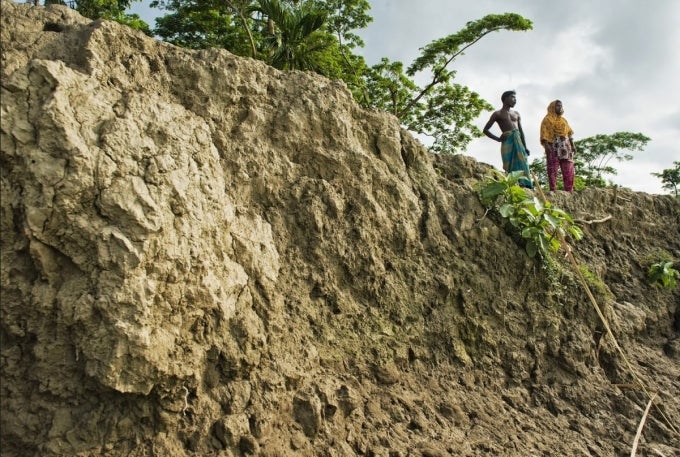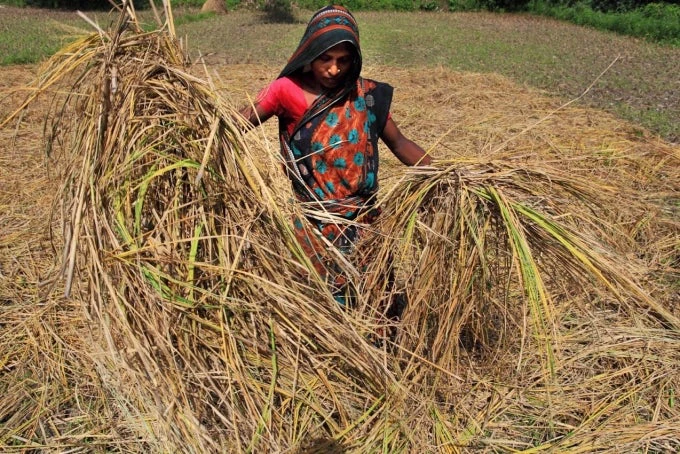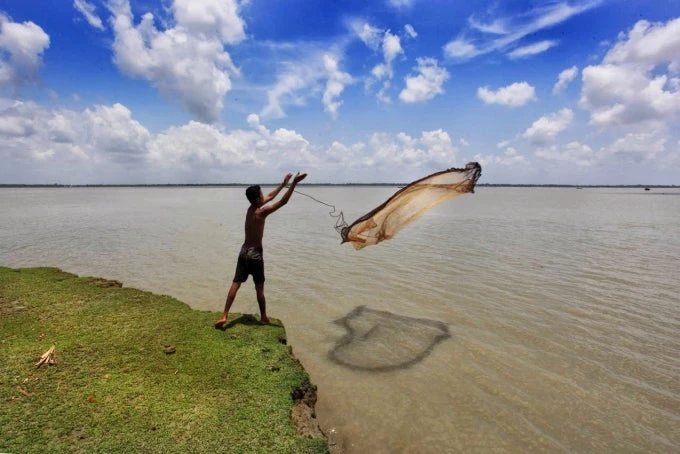Deltas are often described as cradles of civilization. They are the testing grounds for early agriculture and the birthplace of hydraulic engineering as we attempted to shape the landscape to suit our needs.
Deltas are the unique result of the interaction of rivers and tidal processes resulting in the largest sedimentary deposits in the world. Although comprising only 5% of the land area, deltas have up to 10 times higher than average population—a number, which is increasing rapidly, especially for deltas in Asia.
Low lying, deltas are widely recognized as highly vulnerable to the impacts of climate change, particularly sea-level rise and changes in runoff, as well as being subject to stresses imposed by human modification of catchment and delta plain land use.

Catchment developments, as well as population and economic growth have had a profound impact on all deltas. These heavily farmed environments and their populations are increasingly vulnerable to a growing risk of pollution, coastal floods, wetland loss, shoreline retreat and loss of infrastructure. Each year, tens of millions of people are flooded due to storm surges alone.

The major part of Bangladesh lies in the Ganges-Brahmaputra-Meghna Delta (GBM Delta). It is Asia's largest and the world’s most populated delta [1] and encompasses approximately 100,000 km 2 of Bangladesh and West Bengal, India. Many of the country’s people depend on the delta for survival and 156 million people live there, despite the floods caused by monsoons, heavy runoff, and tropical cyclones.
Economic growth has pulled 16 million out of poverty in the last 10 years. Still, more than 30 million people in the Delta live below the poverty line and are increasingly vulnerable [2].
Dhaka and Chittagong and Khulna are home to industrial complexes—which are important for economic growth and employment. However, these industries are also a major source of water pollution. The chemical load entering the Bay of Bengal from the Ganges and Brahmaputra rivers, for example, has been estimated in excess of 135 million tons per year [3].
Nearly every year, cyclones hit the country’s coastal regions in the early summer (April–May) or late rainy season (October–November). Between 1877 and 1995, Bangladesh was hit by 154 cyclones—including 43 severe cyclonic storms and 68 tropical depressions—or one severe cyclone every three years creating storm surges that are sometimes in excess of 10 meters [4].
The country is heavily reliant on the monsoon. It carries nearly 80 percent of the country’s annual precipitation during the summer monsoon season. A buoyant monsoon heralds bountiful harvests and financial security, yet when the monsoons fail, or are excessive, suffering and economic loss is widespread.
Resilient, sustained social and economic development in the delta requires the capability to cope with sea level rise, salinization of soil and water, storms and floods compounded by climate change on the one-hand, and industrialization, population growth and rapid urbanization on the other. This challenge requires an adaptive approach to delta management.
In our next blogs in this delta series we will write about specific delta dynamics and opportunities and also how the Government of Bangladesh with the World Bank, the IFC with the 2030 water resources group are responding to the challenges in this unique delta country.




Join the Conversation